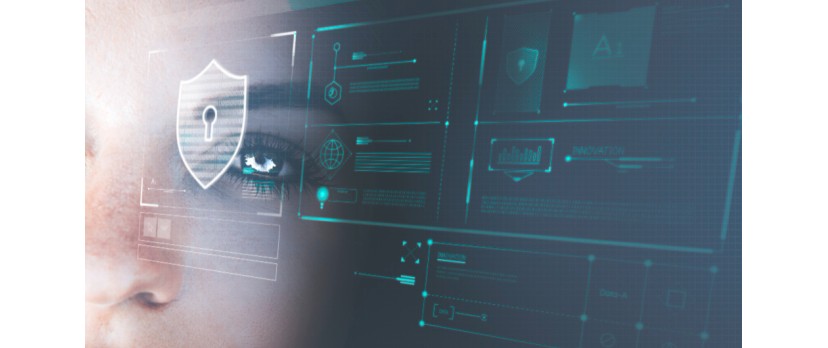Nobody is immune to cybercrime, but there are ways to lower your risk of being attacked. With thousands of cyberattacks happening daily, it’s a gamble to allow your business to go unprotected for any length of time. But since today’s cybercriminals have developed highly sophisticated attacks, traditional cybersecurity measures are no longer enough.
Thankfully, tech companies like IBM are on top of these evolving threats and are now using AI to create enhanced cybersecurity protection. If you’re running a business you plan to scale, you’ll need an AI-powered cybersecurity strategy to effectively detect and respond to these new threats.
If you previously thought AI was just for generating images and text, here’s a look at how artificial intelligence is being used to beat cybercrime.
Why AI is needed in the first place
Cyber threats have evolved from simple viruses and phishing schemes into complex attacks that can destroy an organization overnight. Traditional security measures are essential, but they’re typically reactive and only address threats after the fact. With AI, threat detection becomes both predictive and proactive.
Here’s why this new type of defense is necessary:
· Attacks have become complex. Today’s cyber attacks typically involve advanced persistent threats (APTs), zero-day vulnerabilities, and sophisticated phishing schemes that fool a lot of people. They’re specifically engineered to bypass conventional security measures, which makes early detection hard.
· Traditional cybersecurity is limited. Conventional cybersecurity tools rely on known threat signatures and predefined rules, which won’t work against new and changing threats. When your only defense is reactive, your responses are delayed, allowing the damage to increase.
· AI is proactive. AI can do what traditional tools can’t by analyzing vast amounts of data in real time to identify patterns and anomalies that indicate a threat may be present. The better a system is at detecting potential threats, the less likely it is to do damage.
IBM’s Watson is a powerhouse for AI cybersecurity
Although data loss following a cyberattack can be devastating, facing the legal consequences of a data breach can be even worse. Data privacy laws like the GDPR, CCPA, and HIPAA lay out strict rules and consequences for violations that include hefty fines and can also lead to costly lawsuits. The average data breach costs $4.88 million – a number that increases every year.
In addition to financial loss, a data breach can damage your reputation and destroy customer trust. That’s where IBM’s Watson can help.
Watson can help businesses identify, classify, and tag sensitive data across all systems. Data that requires regulation – like names, birthdates, and credit card information – can automatically be controlled without requiring manual review. This greatly reduces the chances of violating a data privacy law and supports access control through automation.
If you don’t already know how data compliance laws work and what regulations apply to your company, it’s not hard to find out. Companies like SEC.co offer compliance solutions so you don’t have to figure it out on your own. Once you understand your responsibilities and know you’re using secure systems, applying AI to maintain a tough security posture will be easy.
Watson provides proactive threat management
Considering how stealth many attacks can be, it’s essential to actively look for potential threats before they become attacks. AI makes this process easier by examining user and system behaviors to get a baseline for normal activity so that deviations stand out. When potential threats are detected, the system can employ automatic defense strategies to prevent the threat from advancing.
AI performs amazing risk assessments
Manual risk assessment used to be good enough, but those days are over. AI automation, like Watson, can be trained to understand compliance standards and identify where they match your existing data policies (and where they don’t). For example, Watson can monitor a healthcare company’s workflows and flag data-sharing behaviors that conflict with HIPAA regulations. By automating behavior analysis, you can catch compliance violations quickly and long before an audit.
In addition to risk assessments, compliance audits are better with Watson. Watson automates reports that track everything you need for compliance audits, including data access reports, processing, and movement, packaging it all into audit-ready logs. If you’ve ever struggled with the complexities of preparing for an audit, you’ll be amazed at how much easier it is with AI.
AI makes a great cybersecurity partner
Since cyberthreats evolve so fast, protecting your business requires a proactive approach. Whether you use IBM’s Watson or another AI tool, automating your cybersecurity will make you better prepared to detect and manage cyber threats more effectively.


Login and write down your comment.
Login my OpenCart Account